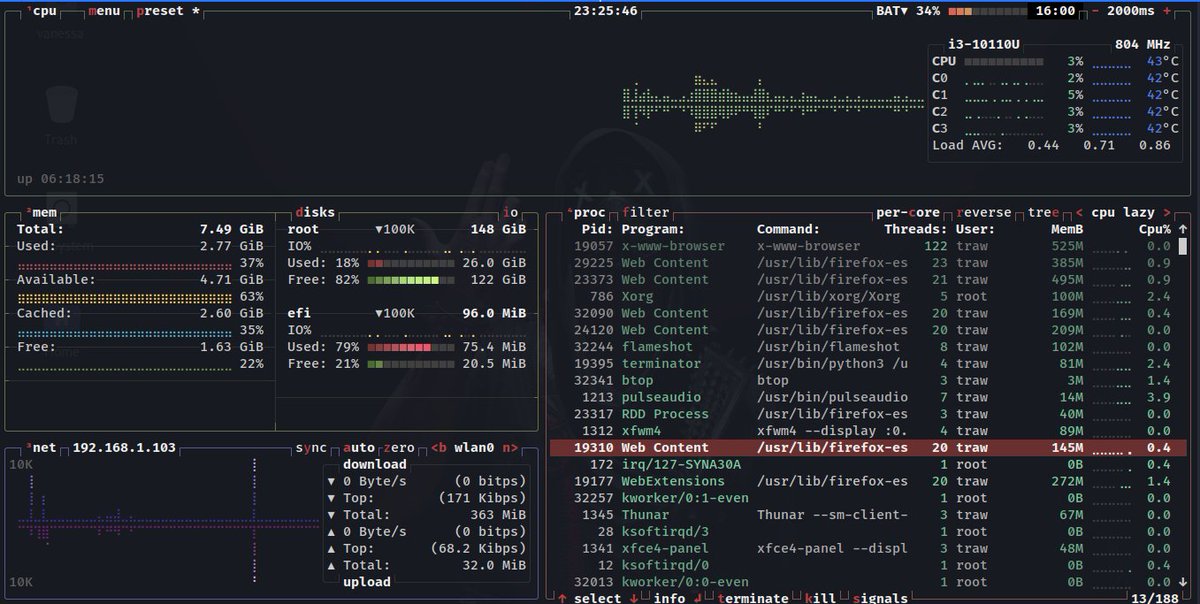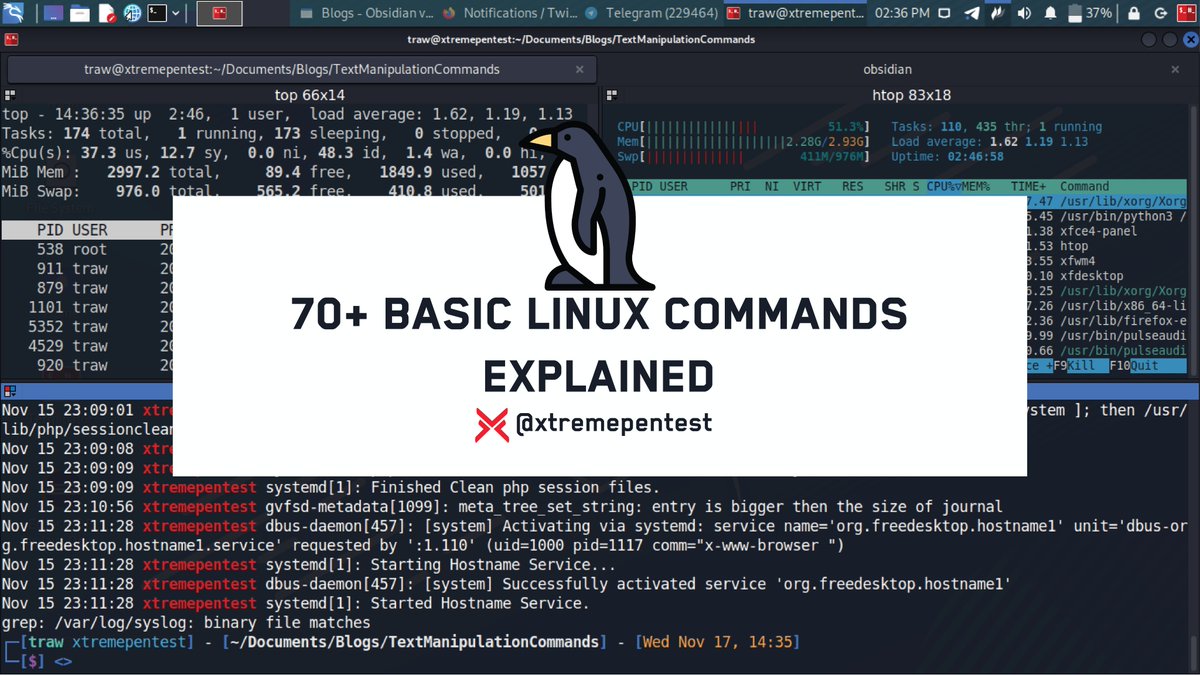
Here is a roadmap to master python🐍 in 2022👇
(1/4): The Basics🧱
- syntax📜
- variables🧮
- Operators➗
- Control Flow (if/else)🛂
- loops and iterable♾
- basic data structures🗂️
- functions⚒️
- Mutable and Immutable datatypes📑
- File IO (Read, Write Text files)📂
Thread🧵↓
(1/4): The Basics🧱
- syntax📜
- variables🧮
- Operators➗
- Control Flow (if/else)🛂
- loops and iterable♾
- basic data structures🗂️
- functions⚒️
- Mutable and Immutable datatypes📑
- File IO (Read, Write Text files)📂
Thread🧵↓
(2/4): Intermediate Skills🧰
- Exception Handling⁉️
- Logging🗒️
- OOP⚒️
- Collections🗃️
- Ittertools🔁
- lambda functions🔨
- Decorators🪧
- Generators🎰
- Data Structures and Algorithms☸️
- List/Dictionary comprehensions🔢
- Threading🧵
- Function arguments (*args & **kwargs)*⃣
- Exception Handling⁉️
- Logging🗒️
- OOP⚒️
- Collections🗃️
- Ittertools🔁
- lambda functions🔨
- Decorators🪧
- Generators🎰
- Data Structures and Algorithms☸️
- List/Dictionary comprehensions🔢
- Threading🧵
- Function arguments (*args & **kwargs)*⃣
(3/4): Advance Skills🪜
- Regex®️
- Shallow and Deep copying©️
- Multithreading 🧵🧵
- Multiprocessing🔄💻
- Multiprocessing lock & pool🔒
- Concurrency⌛️
- Parallelism↔️
- Context Managers🎛️
- Metaclassesℹ️
- Unit Testing: Pytest 🧪
- Build and Manipulate Packages🧱
- Cython©️🐍
- Regex®️
- Shallow and Deep copying©️
- Multithreading 🧵🧵
- Multiprocessing🔄💻
- Multiprocessing lock & pool🔒
- Concurrency⌛️
- Parallelism↔️
- Context Managers🎛️
- Metaclassesℹ️
- Unit Testing: Pytest 🧪
- Build and Manipulate Packages🧱
- Cython©️🐍
(4/4): Master/Expert👴
- How Python is built🧬
- Where are you using your skills?👨🏫
- Apply skills to a profession🏦
Pro Tip💡:
Make sure you master each step before moving forward.
- How Python is built🧬
- Where are you using your skills?👨🏫
- Apply skills to a profession🏦
Pro Tip💡:
Make sure you master each step before moving forward.
That's it for today's thread! Thank you for reading🥳. If there's anything I have missed, feel free to add.
If you're interested in future posts about
Python🐍
Linux🐧
Security🔒
Follow me! I'll be posting content you wouldn't want to miss
If you're interested in future posts about
Python🐍
Linux🐧
Security🔒
Follow me! I'll be posting content you wouldn't want to miss
• • •
Missing some Tweet in this thread? You can try to
force a refresh












